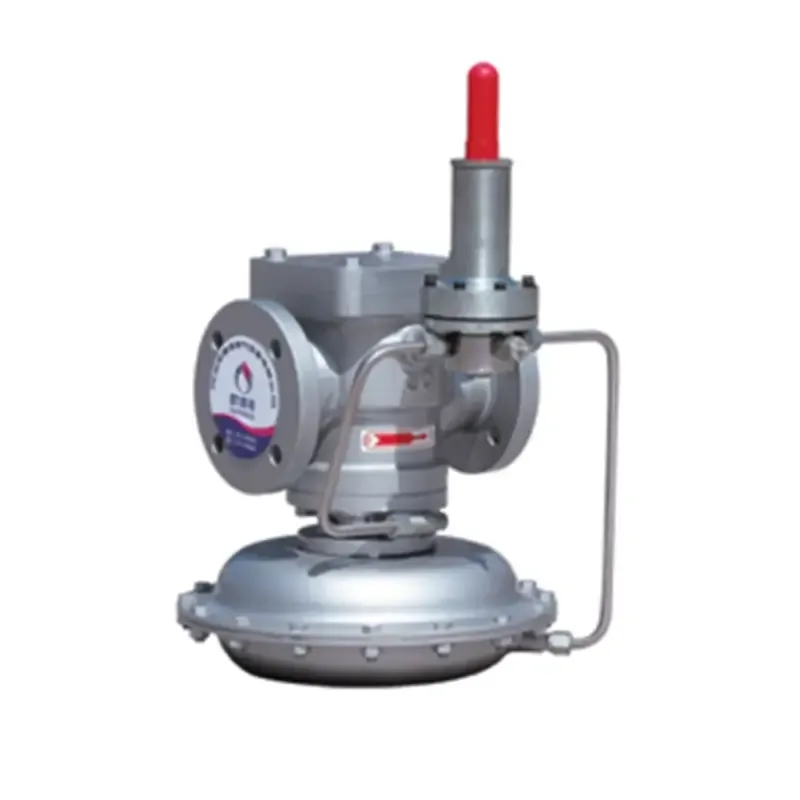
Dec . 06, 2024 03:46
Back to list
المبادل الحراري للغاز الطبيعي
The Role of Heat Exchangers in Natural Gas Processing
Heat exchangers are critical components in the natural gas industry, playing a vital role in the efficiency and safety of the gas processing facilities. They are employed in various stages of natural gas treatment, including cooling, heating, and the separation of impurities. This article explores the significance of heat exchangers, their types, and their applications in natural gas processing.
Understanding Heat Exchangers
A heat exchanger is a system designed to transfer heat from one medium to another without mixing them. In the context of natural gas processing, heat exchangers contribute to optimizing temperature control, which is essential for various operations such as liquefaction, purification, and compression. By utilizing heat exchangers, plants can enhance energy efficiency, leading to reduced operational costs and minimized environmental impact.
Types of Heat Exchangers
There are several types of heat exchangers commonly used in natural gas applications, including
1. Shell and Tube Heat Exchangers This is the most common type, consisting of a series of tubes, one set carrying the hot medium and the other the cold. These are highly efficient and are used extensively in gas processing due to their ability to handle high pressures and temperatures.
.
3. Air-cooled Heat Exchangers Utilized primarily to cool natural gas and other fluids, air-cooled exchangers use ambient air to dissipate heat. These are particularly advantageous in remote locations where water resources are limited.
المبادل الحراري للغاز الطبيعي

4. Double-pipe Heat Exchangers These consist of one pipe inside another, with one fluid flowing through the inner pipe and the second fluid in the annular space. While simpler and less expensive, they are suitable for smaller applications compared to shell and tube heat exchangers.
Applications in Natural Gas Processing
In natural gas processing plants, heat exchangers are employed in various applications
1. Cooling of Natural Gas After extraction, natural gas is often cooled before it enters the processing units. Heat exchangers efficiently remove heat from the gas, preparing it for the subsequent stages of purification and liquefaction.
2. Heat Recovery Many natural gas processing operations can benefit from heat recovery systems. By capturing waste heat using heat exchangers, facilities can use this energy for pre-heating or other processes, increasing overall energy efficiency.
3. Gas Compression Compressors heat natural gas during the compression process. Heat exchangers cool the gas afterward, ensuring that it remains within safe operating temperatures and optimizing the compression process.
4. Liquefaction During the liquefaction of natural gas for transport and storage, heat exchangers play a key role in cooling the gas down to cryogenic temperatures, enabling it to transition from a gas to a liquid state.
Conclusion
Heat exchangers are indispensable in the natural gas industry, ensuring that processes operate efficiently and safely. By facilitating effective heat transfer, these devices contribute to energy conservation, cost savings, and environmental protection. As the demand for natural gas continues to rise and as technology advances, the role of heat exchangers will only become more crucial, solidifying their place as a fundamental component in modern gas processing facilities.
Latest news
-
Safety Valve Spring-Loaded Design Overpressure ProtectionNewsJul.25,2025
-
Precision Voltage Regulator AC5 Accuracy Grade PerformanceNewsJul.25,2025
-
Natural Gas Pressure Regulating Skid Industrial Pipeline ApplicationsNewsJul.25,2025
-
Natural Gas Filter Stainless Steel Mesh Element DesignNewsJul.25,2025
-
Gas Pressure Regulator Valve Direct-Acting Spring-Loaded DesignNewsJul.25,2025
-
Decompression Equipment Multi-Stage Heat Exchange System DesignNewsJul.25,2025

